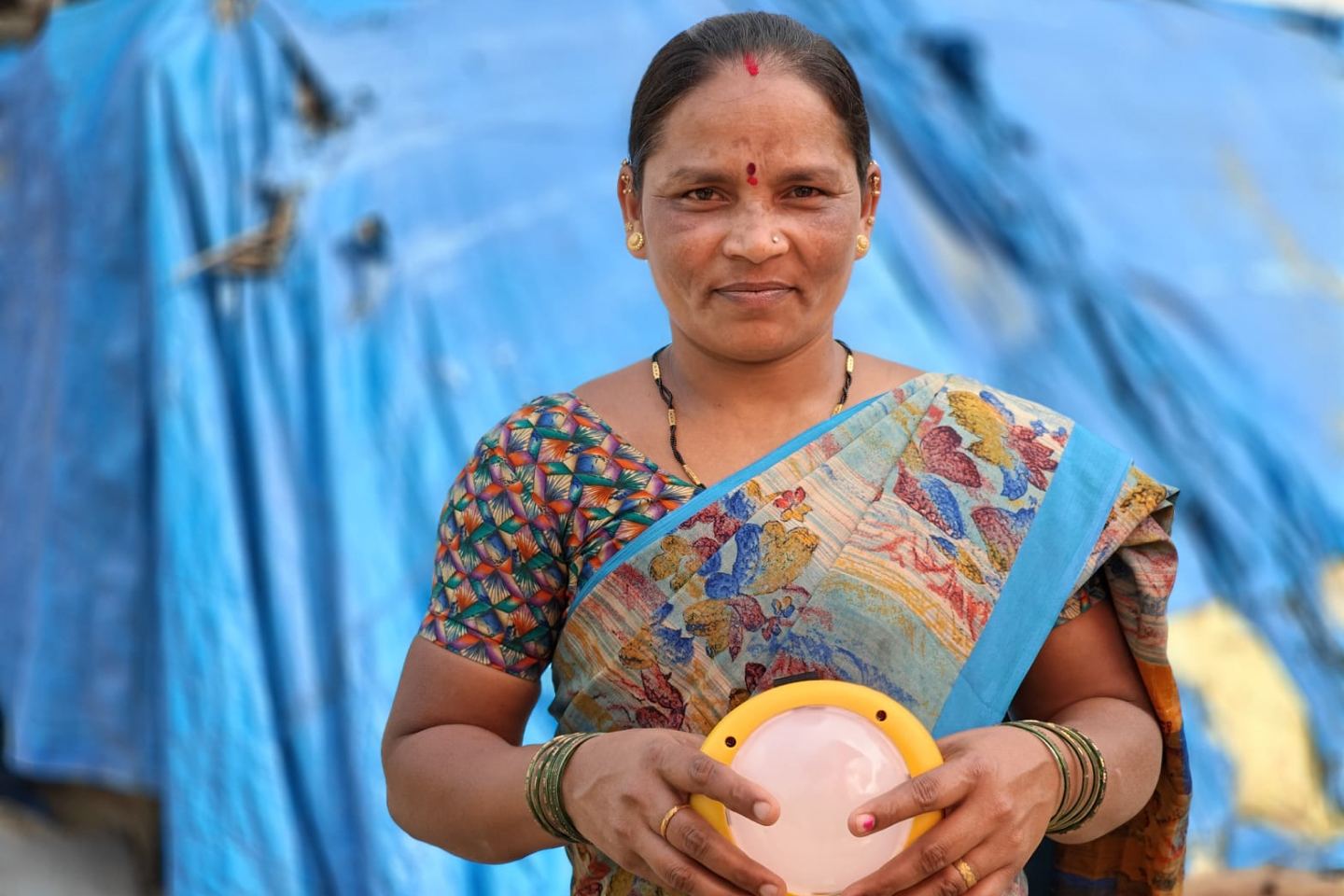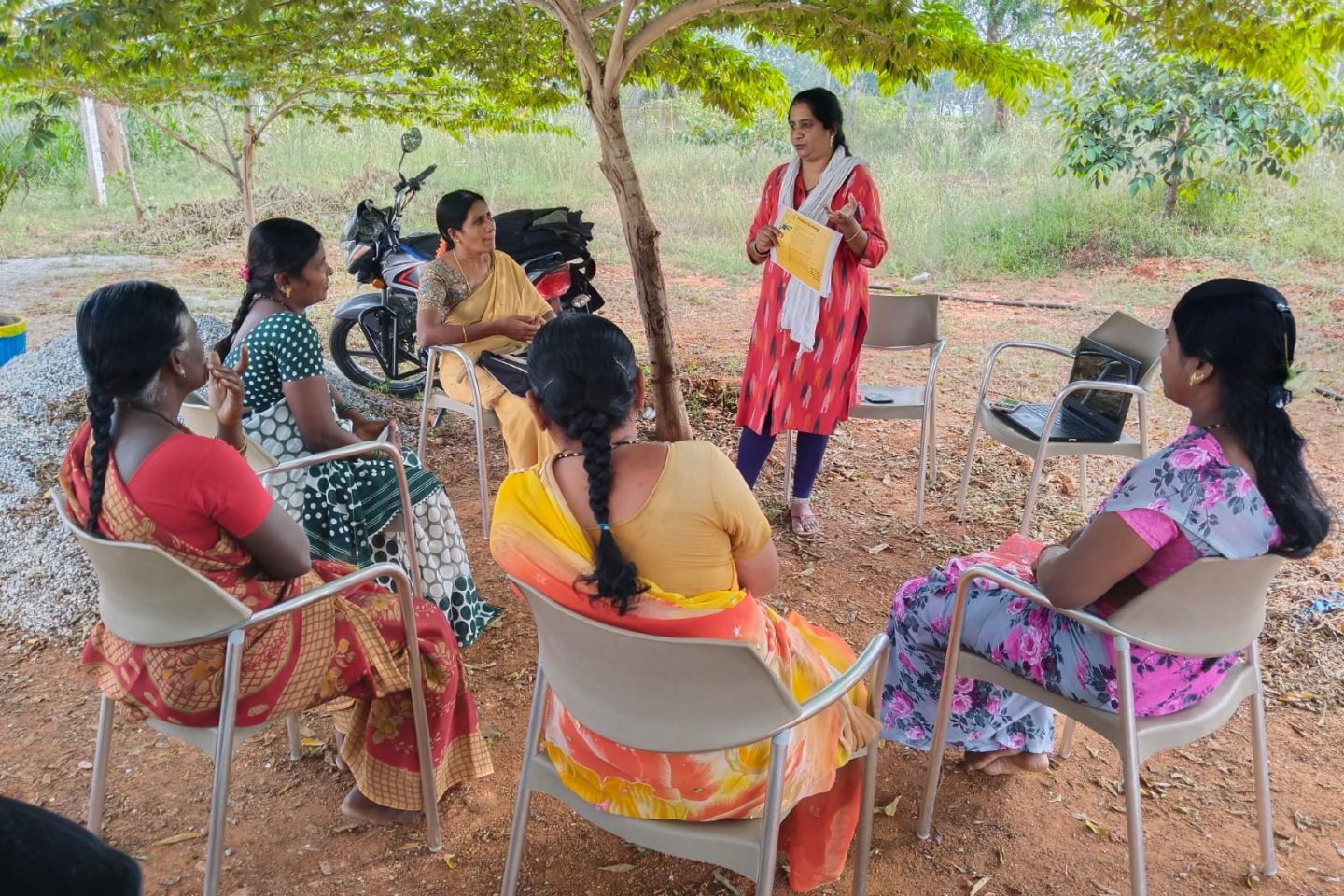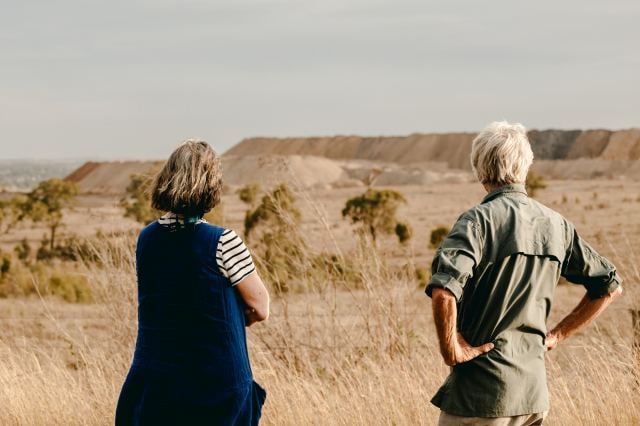Pollinate Group – growing sunflowers to fight poverty
Pollinate Group is dedicated to empowering women, transforming communities, and sowing the seeds of a brighter, more sustainable future across India and Nepal, where 288.5 million people survive on less than $2.15 per day in urban slums and rural villages.
Established in 2012 by six young Australians aiming to combat energy poverty in Bangalore's communities, Pollinate Group has expanded to reach eight regions in India and three districts in Nepal, focusing exclusively on empowering women as micro entrepreneurs, called Suryamukhi.
Suryamukhi is derived from Hindi and translates to 'sunflower,' symbolising resilience, growth, and the hope these women bring to their communities. Pollinate Group recognises these women as capable leaders who can lift their communities out of poverty and create an intergenerational impact.
This network of Suryamukhi plays a crucial role in distributing transformative products, including solar lights, fans, water filters, and female sanitary products, within their communities.
To date, Pollinate Group has empowered 2100 women, benefiting 862,000 people living in poverty. The growing community of Suryamukhi has successfully distributed over 305,000 products, reducing 1.66 million tonnes of CO2e and saving 1.92 billion INR by minimising the use of harmful fuels like kerosene.

Across India and Nepal 256 million people still live in extreme poverty, on less than US$1.90 a day, leaving many families trapped in poverty cycles. This is compounded by a lack of opportunities for women, who can be a driving force for change in their community..
Why Pollinate Group was selected for a 2023 Visionary Grant
We picked this project for both the benefits it brings to empowering women entrepreneurs in marginalised communities, as well as its emissions reductions outcomes through the clean energy products distributed throughout their communities.
The group creates wider economic, health and education outcomes for their communities as these products will be a cheaper and healthier alternative to kerosene lamps that allow children to study at night. This project also provides a successful model for other organisations and communities to emulate, which would scale the potential impacts.
Growing a network of empowered women
In its commitment to empower more women and guide their communities towards prosperity, Pollinate Group's Partnership Incubator Fund collaborates with a network of aligned NGO partners actively engaged in India and Nepal. By partnering with these NGOs, the organisation can efficiently enlist large groups of women into its micro-entrepreneurship program.
“We are helping marginalised women to earn an income, step into leadership roles in their communities, provide access to sustainable products, and reduce CO2e emissions,” says Joe Manger, the Philanthropy Manager at Pollinate Group.
“This is directly aligned to our vision of a world where women are equipped to lead their communities out of poverty,” Joe says, elaborating on the collaborative approach with NGO partners which he says allows for the swift onboarding of substantial cohorts of women into their impactful micro-entrepreneurship initiatives.
Joe says this Australian Ethical Foundation Visionary Grant will fund pilots with more NGO partners, helping Pollinate access large groups of eligible women for our micro-entrepreneurship program.
“We hope that this grant will fast track the scaling of our model to help support the hundreds of millions living in poverty across the region as well as provide a dignified pathway to earn an income and learn skills for many people displaced by climate change and conflict in the future.”
See all 2023 Visionary Grant recipients




